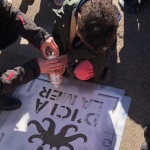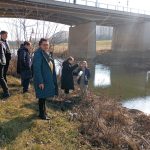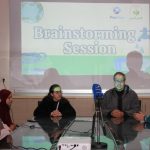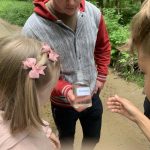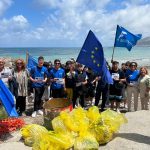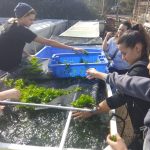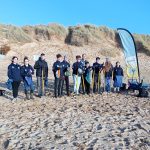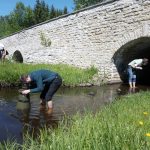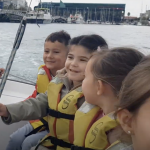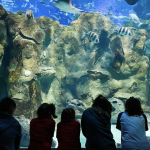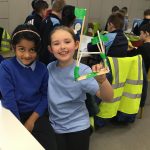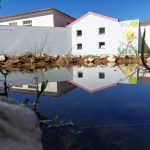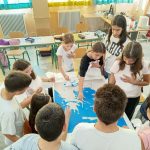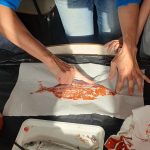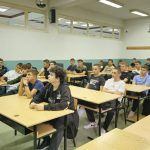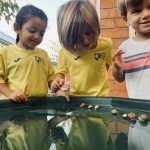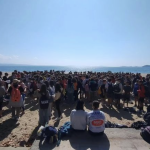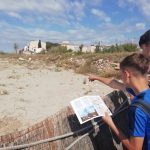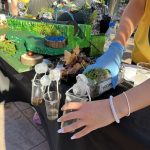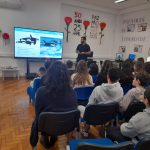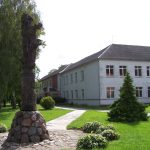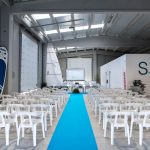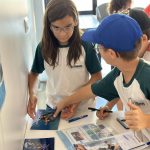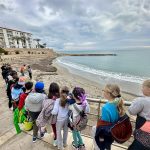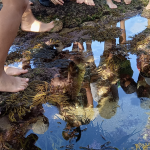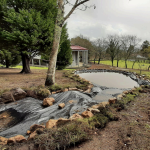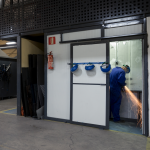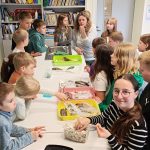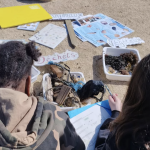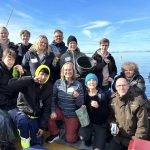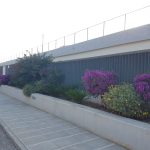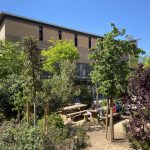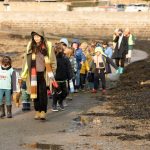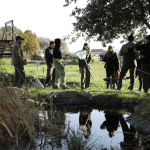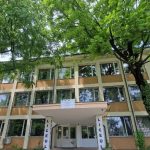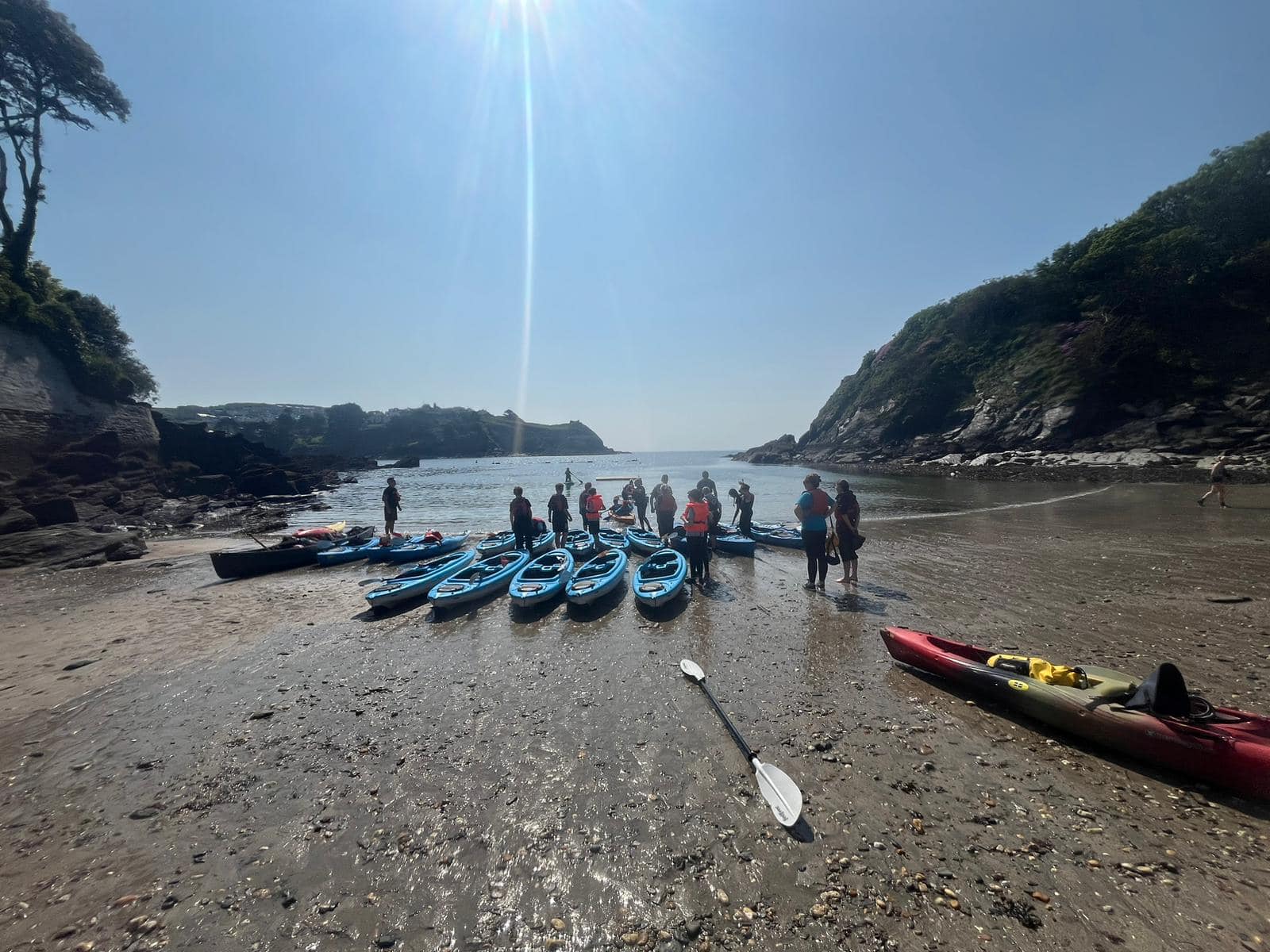
Guardians of the Estuary
Fowey, United Kingdom
1st FUNDING CALL
The “Guardians of the Estuary” Project intends to promote environmental/socio-cultural awareness and conservation of our local Fowey estuary. It will achieve this through engaging, curriculum-based educational activities that provide an immersive learning experience to students while introducing them to the EU Mission “Restore our Ocean and Waters by 2030.”
Fowey Primary School is on the Fowey estuary, a designated National Landscape in Cornwall, UK. The students who attend our school need a deeper understanding of the ecosystem, history, wildlife and human activity/impacts and threats that take place in this diverse and essential environment and the wider world. The aims and objectives are to adopt an ‘Open Schooling’ approach to the project, immersing them in the environment and increasing their knowledge whilst creating a sense of place and, therefore, a sense of ownership/stewardship for their natural landscape. They are the future custodians and, therefore, the future of preserving this incredibly important scientific/historic area, a marine conservation zone.
This project will be split over 6 months with classroom-based activities and six on-water sessions. This will be aimed at key stage 2 students (Year 5 and 6) allowing them the opportunity to experience the Fowey estuary first-hand while creating a unique, interactive and living project. The students will observe the environment on the land (classroom activities) and the water on kayaks. Even though many of the students live in Fowey, there are a number who have never been out on Fowey estuary due to economic and social reasons.
These six sessions will cover the following:
- Estuary Ecosystems and Protected Zones
- Environmental Impacts
- Wildlife and Conservation
- History and Communities
- Tourism and the Working Port
- Rules of the River and Safety
As educators and community members, we feel we have to introduce these students to their natural environment and its diverse life while linking them to a more extensive network of schools (NEBS) that unite in the same aims and objectives. Through this project and incorporating school resources, including the national curriculum, we can help support our students and not only bring the ocean to the classroom but also bring the classroom to the ocean.









